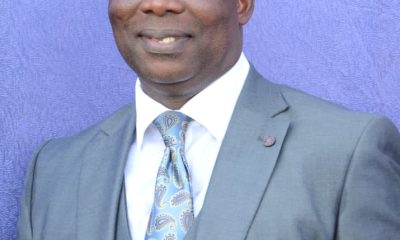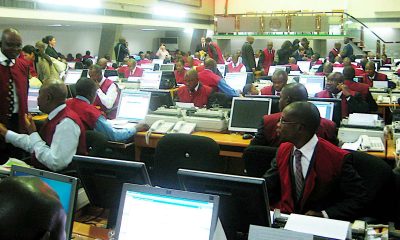Credit to the Nigerian government soared by over N11 trillion in August 2024, according to the Central Bank of Nigeria’s (CBN) latest money and credit statistics, driven by attractive yields on government securities amidst persistent interest rate hikes.
Government borrowing now accounts for 29.4 percent of N105.88 trillion in net domestic credit, marking a significant shift in credit allocation toward public debt.
This surge reflects the growing reliance on domestic debt to fund public expenditures as businesses face rising borrowing costs.
In August, government credit reached N31.15 trillion, a 57.1 per cent increase from July’s N19.83 trillion. Compared to August 2023, borrowing has risen by 38.5 per cent, underscoring the government’s increasing dependency on debt financing amid economic pressures.
In contrast, private sector credit declined slightly to N74.73 trillion, as businesses cut back on borrowing due to high interest rates that have escalated debt repayment costs.
CBN’s monetary tightening, led by Governor Yemi Cardoso, saw the monetary policy rate (MPR) rise to 27.25 per cent after five consecutive hikes, aimed at controlling inflation.
These aggressive hikes have made government securities more attractive to investors, with yields reaching up to 21.49 per cent on 364-day treasury bills.
READ ALSO: Nigeria now third-largest debtor to IDA with $16.5bn borrowing
Rising interest rates have made government securities more attractive to investors, as higher yields offer better returns with relatively lower risk compared to private sector lending.
This has led to a surge in government borrowing, while businesses, facing higher borrowing costs, are more cautious.
However, there are concerns that prolonged tight monetary policy could stifle economic growth, especially if businesses are unable to access affordable credit to finance expansion and investment.
Also, although government securities have become more attractive due to higher yields resulting from persistent interest rate hikes by the CBN, the government is not exempt from the pressures of increased borrowing costs.
While this benefits investors, the Lagos Chamber of Commerce and Industry (LCCI) warns that the shift in capital flow from the private sector to government securities could stifle economic growth.
Dr. Muda Yusuf, Director-General of the Centre for the Promotion of Public Enterprise (CPPE), emphasized the need for the CBN to offer lower-interest development finance to businesses, citing that current rates are unsustainable for private sector growth.
Echoing this concern, Alhaji Aliko Dangote, President of Dangote Group, stressed that economic growth is unachievable with bank interest rates as high as 30 per cent
While Cardoso remains firm that higher rates are crucial to curbing inflation, experts caution that prolonged tightening could further burden businesses and strain government finances as debt servicing costs rise.

 News1 week ago
News1 week ago
 Latest1 week ago
Latest1 week ago
 Latest1 week ago
Latest1 week ago
 Business1 week ago
Business1 week ago
 Latest1 week ago
Latest1 week ago
 Latest1 week ago
Latest1 week ago
 Business1 week ago
Business1 week ago
 Business1 week ago
Business1 week ago

